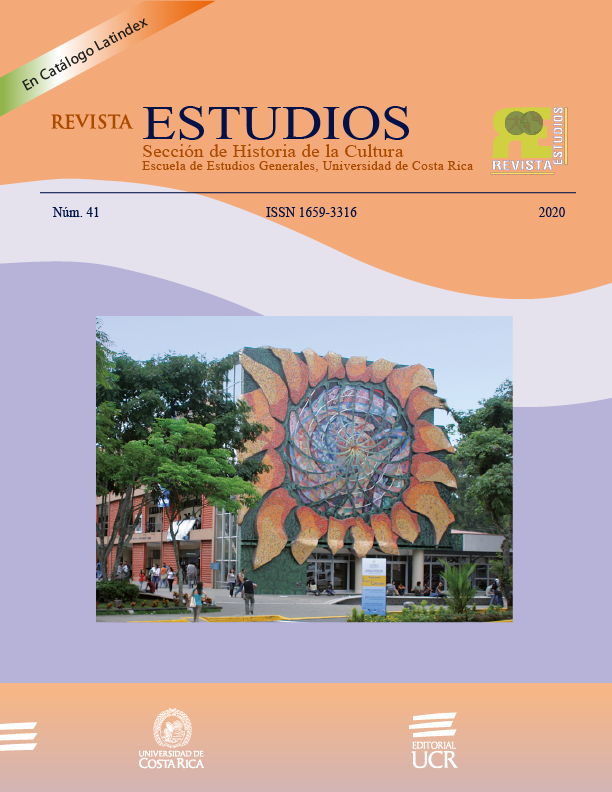Abstract
Abstract: This research is part of a Ph.D. thesis, whose objective is to identify the networks and their relationships moved by subjects, children and adults, to configure development and well-being. In other words, in childhood policies aimed at them, relational goods that are of interest to this research are exchanged. The approach method for the present study was ethnography, the same tool that helped to understand the children´s environment and learn about their agency. In this space two systems interact: micro and macro, the micro is where the primary relationships are disrupted and the macro where instrumentalization is a condition, both give place to the meso system as a space where the networks become more complex and the contingency gives rise to informality. In these systems, other actor´s networks intervene moved by subjects whose symbolic exchange is development and well-being, hence, social change makes sense. Within these findings, children's participation is visible.
References
Bibliografía.
Cortina, A. (1997). Ciudadanos del mundo: hacia una teoría de la ciudadanía. Editorial: Alianza.
Donati, P. (1993). Pensamiento sociológico y cambio social: Hacia una teoría relacional. Revista española de investigaciones sociales (Reis) Núm. 63: p. 29-51 (23 pagina), publicado por Centro de Investigaciones sociológicas. España.
Gaitán, Muñoz L. (2006). La nueva sociología de la infancia. Aportaciones de una mirada distinta. Revista, Política y sociedad, Vol. 43, Núm. 1, Págs. 9-26. España.
Geertz, C. (2003). “Hacia una teoría interpretativa de las culturas”. En Geertz, La interpretación de las culturas. Pags 17-19 Recuperado de https://d1wqtxts1xzle7.cloudfront.net/36426920/geertzclifford-
Granovetter, M. S. (2000). La tuerza de los vínculos débiles. Política y sociedad, Vol. 1, núm. 33. Recuperado en. https://revistas.ucm.es/index.php/POSO/issue/view/POSO000013
Guber, R. (2011). La etnografía: método, campo y reflexividad. Bogotá: Grupo Editorial, Norma.
Instituto Nacional de Estadística y Geografía (2011) Censo de población y vivienda 2010, recuperado en https://www.inegi.org.mx.
Lozarez C, C. (1996). La teoría de redes sociales. Papers: revista de sociología, (48) 103-126. http://dx.doi.org/10.5565/rev/papers/v48n0.1814
Mayal, B. (Jun-2000). The sociology of childhood in relation to children’s rights. The International Journal of Children’s Rights, 8(3), 243-259.recuperado de https://doi.org/10.1163/15718180020494640
Rodríguez, P. I. (2006). Redefiniendo el trabajo metodológico cualitativo con niños: el uso de la entrevista de grupo aplicada al estudio de la tecnología. Empírea. Revista de metodología de ciencias sociales, 12: pp. 65-88. Recuperado de DOI: https://doi.org/10.5944/empiria.12.2006.1135

